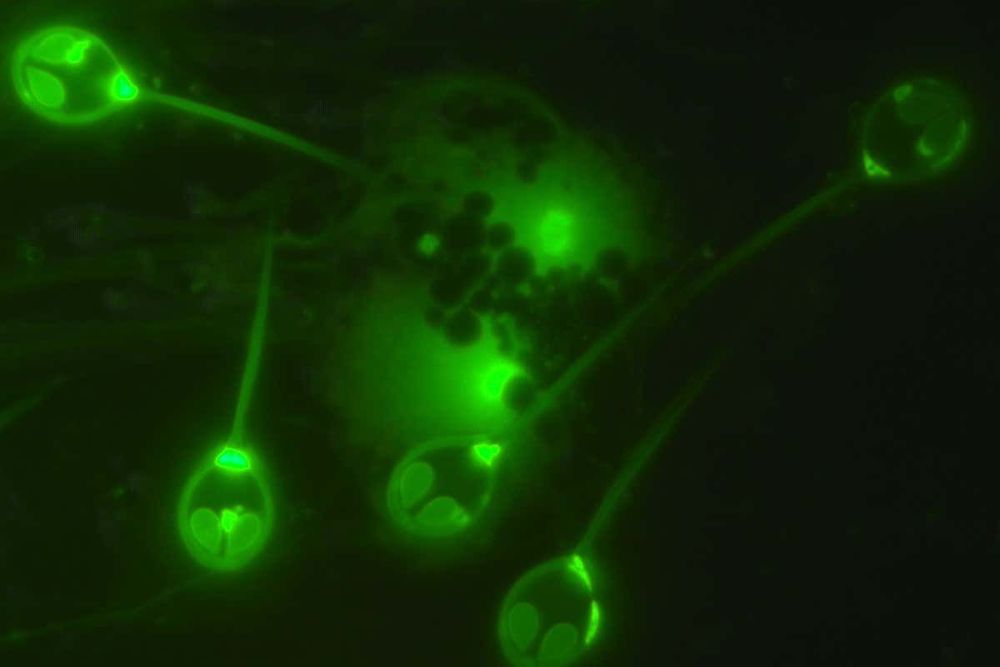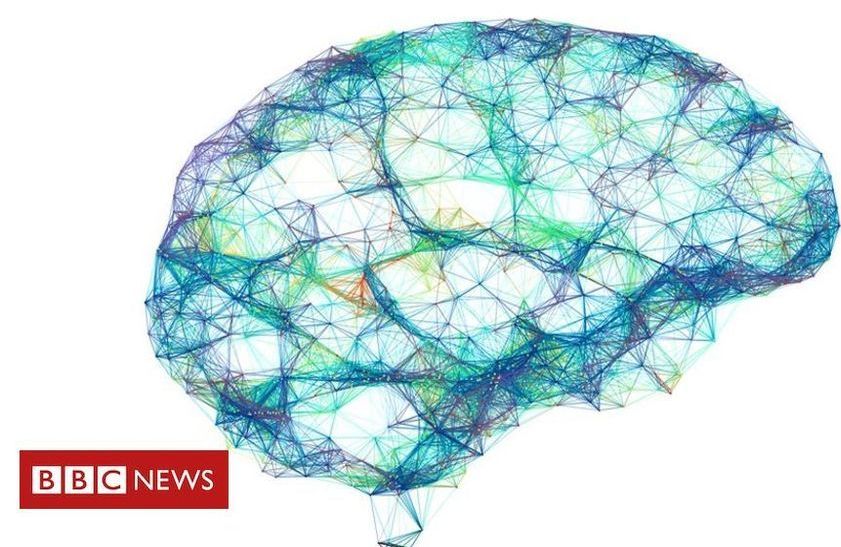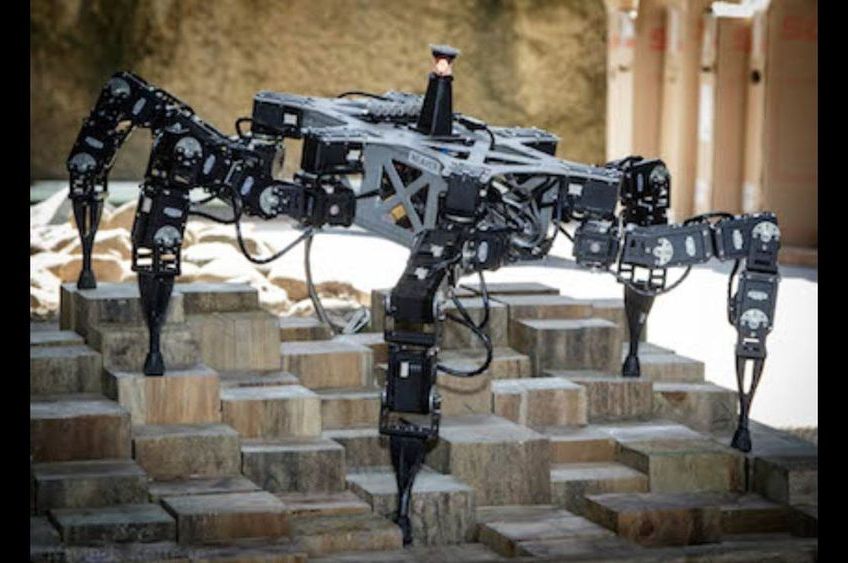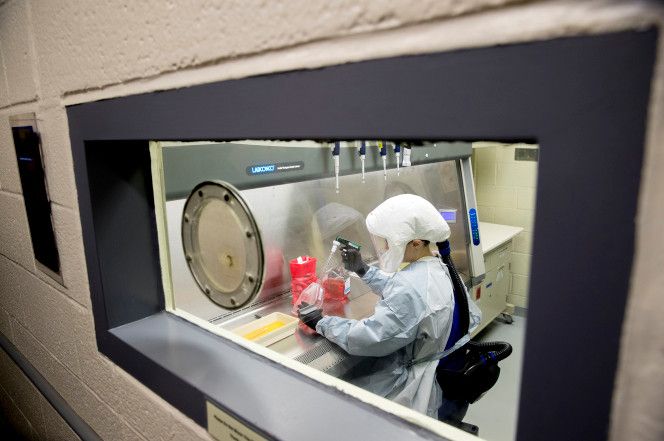Mar 31, 2020
One Step Closer to a Batsuit for Soldiers
Posted by Quinn Sena in categories: military, nanotechnology, weapons
O„.o carbon nanotube suit.
Researchers announce new military funding in search for body armor skin that could be 300 percent stronger than anything we’ve seen before.
In Christopher Nolan’s Batman Begins, there’s a scene where inventor Lucius Fox, played by Morgan Freeman, explains that Wayne Enterprises has created a prototype body armor for the U.S. infantry that’s as light as Kevlar but bullet- and knife-proof. Bruce Wayne asks why it never went into production. “The bean counters figured a soldier’s life wasn’t worth the 300 grand,” Fox replies.
Continue reading “One Step Closer to a Batsuit for Soldiers” »

















